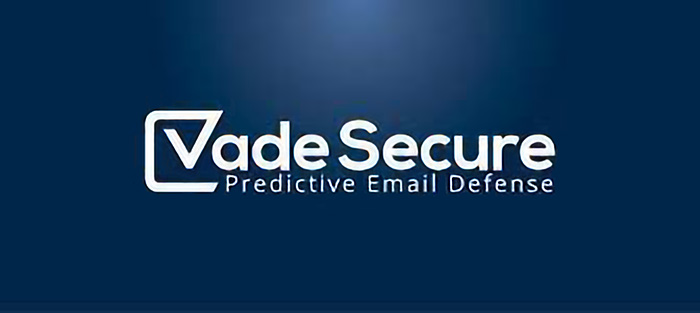There’s a new sheriff in town when it comes to data protection in the Europe – EU Commissioner Věra Jourová. Her weapon of choice? The Umbrella Agreement.
Soon Europeans who feel their data has been mishandled by American authorities will have the right to take legal action in the US courts, finally bringing the rights of EU citizens in line with those across the pond.
But the Umbrella Agreement can only move forward if US Congress passes the Judicial Redress Bill. This bill will help citizens of major U.S. allies maintain some sense of ownership regarding information shared with U.S. law enforcement. The legislation would allow them to require that their information is secure and seek judicial recourse when it’s not.
Once passed, Europeans will have the right to file a complaint in US courts in the event that American authorities deny them access to their personal data, have failed to rectify an instance of mistaken identity, or have unlawfully disclosed their information.
The finalization of the Umbrella Agreement negotiations is an important step to strengthening Europeans’ fundamental rights to privacy both on home and foreign soil, and will hopefully start to rebuild trust in the process of European and American data sharing.
Only earlier this year President Obama declared that the private sector and governments needed to tame the “wild west” of the internet, urging companies to join information-sharing hubs to exchange data on online threats — and, in some cases, to receive classified information from the government. Obama stated: “The very technologies that can empower us to do great good can also be used to undermine us and do great harm.”
As global data laws start to take shape we have to remember that we’re still very much in a ‘wild wild west’ state when it comes to global data privacy and security. Governments and corporations alike are gunning for a major stake in our data while international legal boundaries are still being drawn.
And as an American living in Germany this is something that I’m particularly attuned to. Governments and global corporations are vying to obtain and use (or monetize!) personal data, but aren’t so forthcoming when it comes to protecting it.
Since ‘Snowden’ there’s been plenty of gun slinging between Europe and the US concerning the misuse of citizen data. The Umbrella Agreement could well be the global stake in the ground that brings an end to callous, ‘frontier spirit’ approaches to international data. And the start of the vigilant conversation citizens from all digital economies must have to secure a powerful tool that remains vibrant and valid for each one of us living and coming into existence via the next generation.





